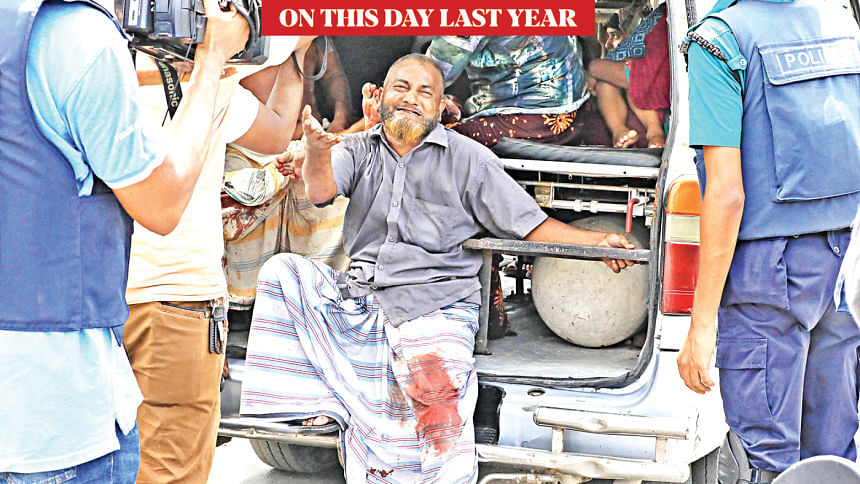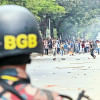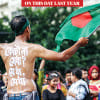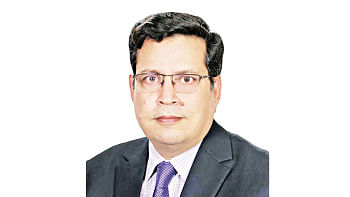July 21, 2024: 2nd day of curfew, clashes continue

At least seven people were killed and dozens injured in sporadic clashes between law enforcers and protesters in Dhaka, Narayanganj, and Narsingdi on July 21, 2024 -- the second day of a nationwide curfew. Police and hospital sources also confirmed that six others, who had been wounded in earlier violence, succumbed to their injuries. With these deaths, the total toll rose to at least 140 since July 16.
Most fatalities were caused by gunshot wounds. The previous night, the government extended the countrywide curfew until further notice in an attempt to curb the ongoing unrest over the quota reform protests.
In the capital, clashes erupted in Signboard, Chittagong Road, Shanarpar, and Dhania areas when law enforcers attempted to clear the Dhaka-Chattogram highway. Witnesses said police and Rab personnel opened fire indiscriminately. By 5:00pm, joint forces managed to clear the roadblocks and reopen the highway. DMCH confirmed the arrival of five bodies and admitted over 70 injured from the affected areas -- many with bullet wounds.
In Bashundhara, confrontations occurred throughout the day between police and several hundred protesters at the main gate on Pragati Sarani.
In Mirpur, a group of agitators vandalised four Dhaka Mass Transit Company Limited vehicles near the Metro Rail Station at Mirpur-10 around 3:30pm. Around 15 attackers targeted the vehicles during an inspection by officials.
Elsewhere, two were killed and at least 22 injured in Narayanganj and Narsingdi.
In Narayanganj, an unidentified youth was brought dead to the 300-bed hospital in the morning. Eleven more with bullet wounds were admitted. Seven others, including a critically injured 16-year-old, were taken to a private facility in the Signboard area.
In Narsingdi, an unidentified 18-year-old was brought dead to the Sadar Hospital in the afternoon. Doctors suspected rubber bullets as the cause.
Throughout the day, agitators tried to block the Dhaka-Aricha highway between Radio Colony and Genda, but police foiled their efforts.
Meanwhile, the Supreme Court curtailed the quota in public service to 7 percent, down from 56 percent. The court ordered that 93 percent of civil service positions be filled based on merit. It also overturned a previous High Court judgement reinstating quotas. The law minister said a circular would be issued soon.
Later in the day, three coordinators, Nahid Islam, Sarjis Alam, and Hasnat Abdullah, suspended the shutdown programme for 48 hours, demanding withdrawal of the curfew, reopening of universities, restoration of internet services, and safety for protest coordinators.
However, other coordinators rejected the decision and reaffirmed their commitment to a nine-point demand. Allegations emerged that Nahid had been abducted and tortured and that the suspension announcement was made under duress. Nahid later confirmed he was picked up by plainclothes men, tortured into unconsciousness, and dumped under a bridge in Purbachal.
The US State Department issued a travel advisory, warning against travel to Bangladesh due to the unrest and allowing voluntary departure of non-essential embassy staff and families.
Political reactions also poured in. Jatiya Party Chairperson GM Quader claimed the Supreme Court verdict reflected the government's will, not the students'. BNP Secretary General Mirza Fakhrul Islam Alamgir urged the government to resign, alleging it was using state media to defame the movement.
UN Human Rights Chief Volker Türk expressed grave concern, condemned the attacks on students, and called for an impartial investigation.

 For all latest news, follow The Daily Star's Google News channel.
For all latest news, follow The Daily Star's Google News channel. 








Comments